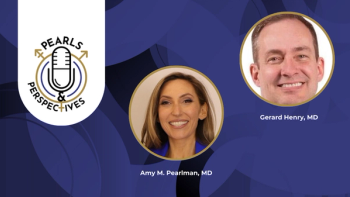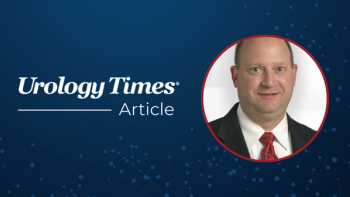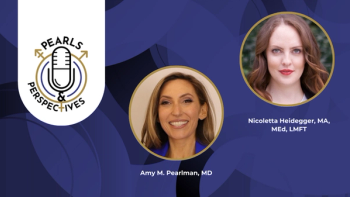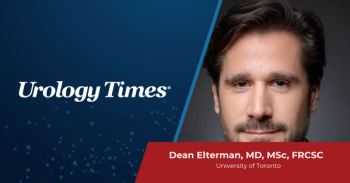
Dr. Jasmine Lin on testosterone levels in men undergoing TURP, PVP
“Our data show that low T is an independent risk factor for adverse peri-op outcomes after transurethral prostate surgery,” says Jasmine Lin, MD.
In this video, Jasmine Lin, MD, shares the take-home message from the study, “Association between low testosterone and perioperative outcomes in patients undergoing transurethral prostate surgery,” which was presented at the American Urological Association 2023 Annual Meeting in Chicago, Illinois. Lin is a urology resident at Cedars-Sinai in Los Angeles, California.
Transcription:
Is further research on this topic planned? If so, what will it focus on?
Since this is a retrospective study, our data came from surgery patients who just so happened to have their testosterone levels measured in the year prior to their operation, which comes with all the limitations of a retrospective review. And therefore, we hope to do further work to collect this kind of data prospectively to see if we obtain similar results. Our principal investigator Joshua Halpern [, MD], is working on that. And we also hope to do the same analysis for other surgical procedures as well, particularly larger, more invasive operations such as cystectomy, as well as nonurologic procedures such as cardiac surgery and orthopedic surgery, to see if we obtain similar or possibly even more striking results given the increasingly invasive nature of these surgeries.
What is the take-home message for the practicing urologist?
Our data show that low T is an independent risk factor for adverse peri-op outcomes after transurethral prostate surgery, and this may indicate a potential role for testosterone assessment and possibly treatment preoperatively, with a caveat that given the complex relationship between testosterone and prostatic growth, future prospective studies are still needed to better characterize the role of low T and peri-op outcomes, as well as to determine the potential role for testosterone replacement therapy and optimizing outcomes.
Is there anything you would like to add?
I would like to extend a huge thank you to Dr. Joshua Halpern for making this work possible. He's the best and I feel very lucky to have gotten to work closely with him while at Northwestern.
This transcript was edited for clarity.
Newsletter
Stay current with the latest urology news and practice-changing insights — sign up now for the essential updates every urologist needs.






